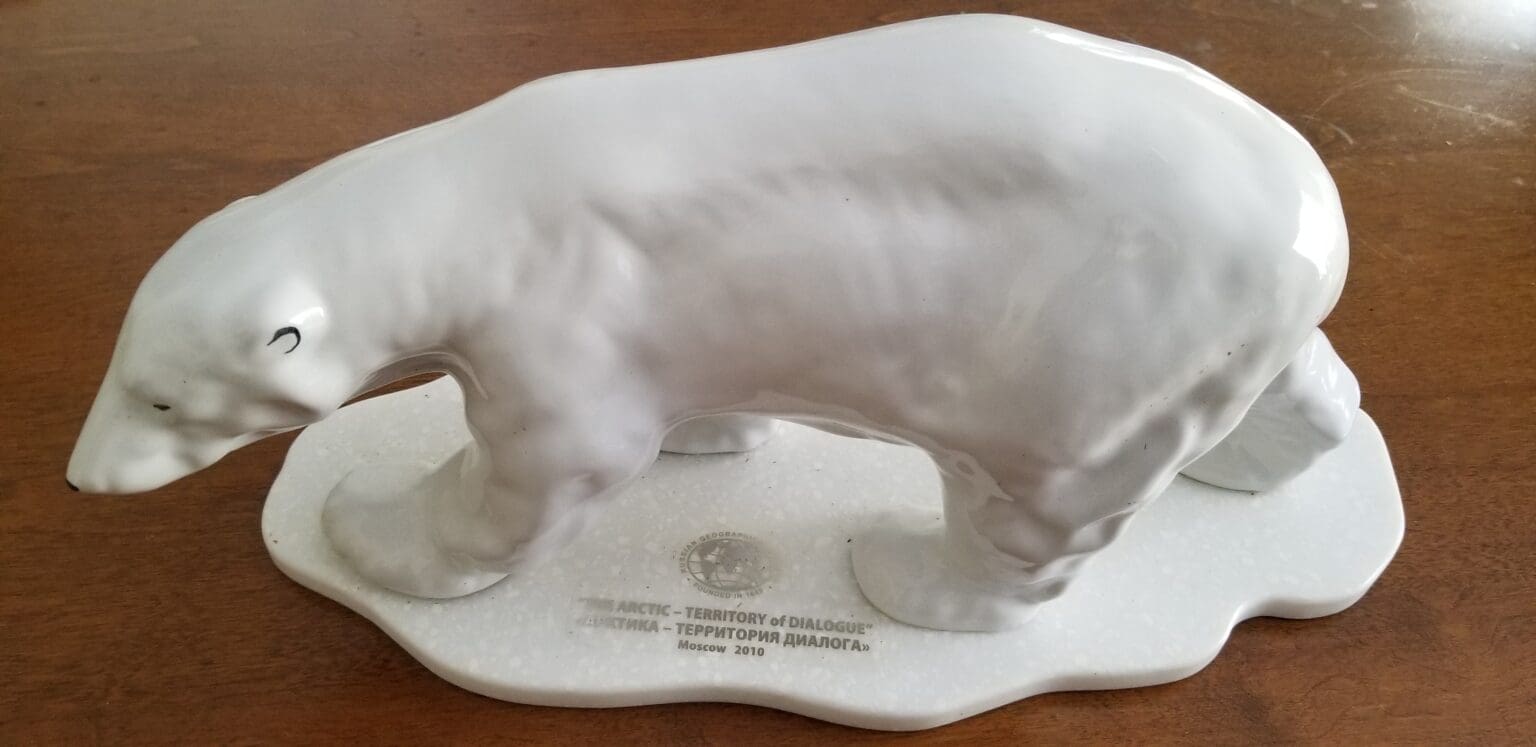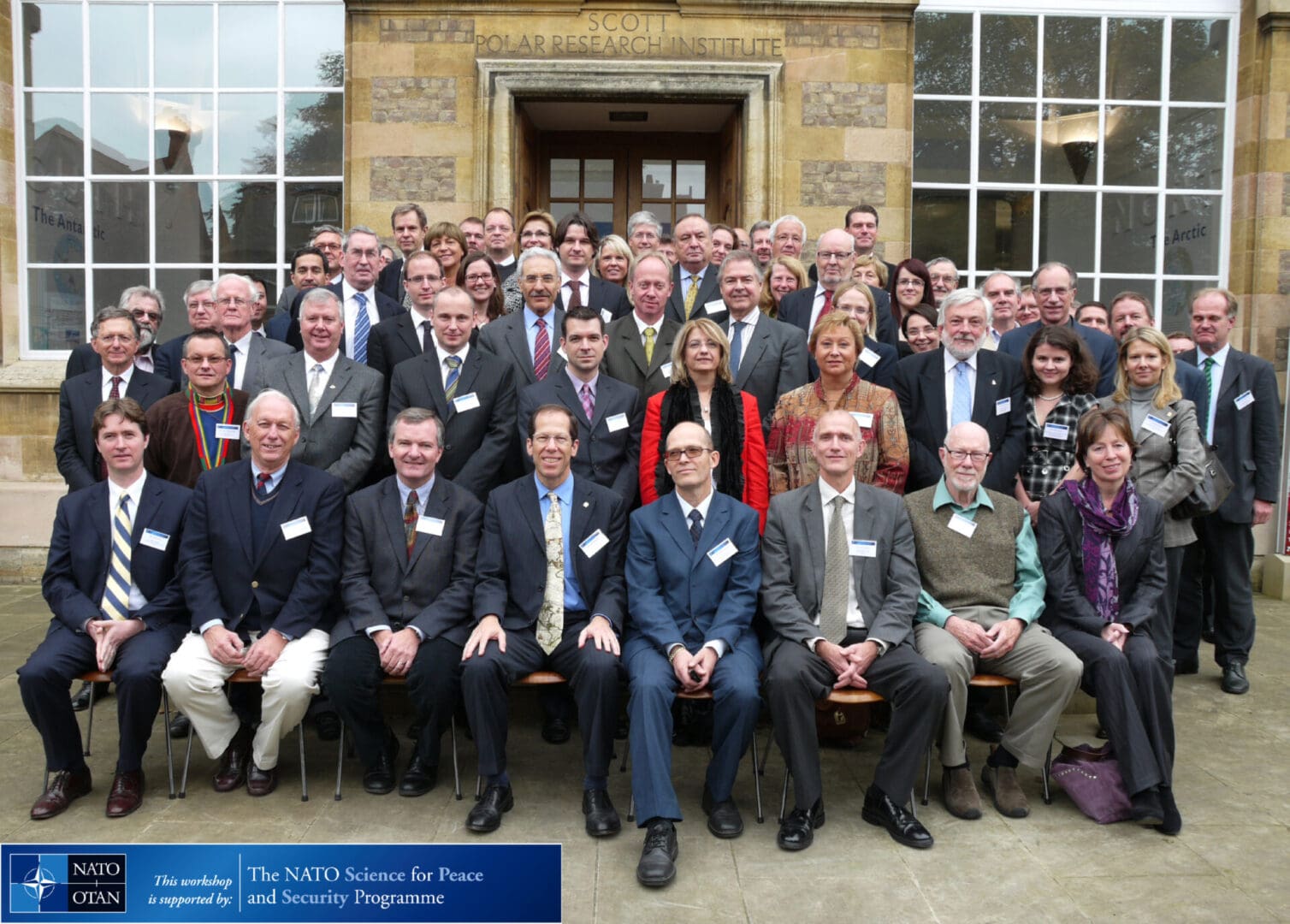The XIV International Forum Arctic: Today and the Future in Honour of A.N. Chilingarov was held in St. Petersburg, Russia, in December 2024.  Prof. Paul Arthur Berkman contributed virtually in the session about “Shared Values: International Scientific Dialogue in the Arcticâ€, conveying observations about Building Common Interests to Balance National Interests with Science Diplomacy in the Arctic (abstract following):
The 1959 Antarctic Treaty is the first nuclear arms agreement. “Forever†lessons from the 1959 Antarctic Treaty surround “matters of common interest†that emerged with the International Geophysical Year (IGY) 1957-1958, which was renamed from the 3rd International Polar Year (IPY-3). The 1959 Antarctic Treaty with the Scientific Committee on Antarctic Research (SCAR) surrounding the South Pole are the mirror image of the Arctic Council with the International Arctic Science Committee (IASC) addressing “common Arctic issues†with the North Pole also as a “pole of peaceâ€. Importantly, considering current circumstances, the 2017 Agreement on Enhancing International Arctic Scientific Cooperation is binding among the eight Arctic states, involving responsibilities of governments and the international scientific community inclusively with the natural sciences, social sciences and Indigenous knowledge. In the spirit of the IGY, there is an opportunity to enhance international Arctic cooperation by accelerating global dialogues about the 5th International Polar Year (IPY-5) in 2032-2033, building common interests with inclusion across the International Decade of Sciences for Sustainable Development 2024-2033, ultimately to enable informed decisionmaking in the Arctic across a ‘continuum of urgencies’, from security-to-sustainability time scales, with research-into-action for the benefit of all on Earth across generations.
Paul’s remarks built on invited contributions across all of the previous International Arctic Forums, which started in Moscow in September 2010.

In concert, the first formal dialogue between the North Atlantic Treaty Organization (NATO) and Russia regarding security in the Arctic Ocean was convened at the University of Cambridge, Scott Polar Resaerch Institute, in October 2010 to promote cooperation and prevent conflict – two sides of the ‘coin of peace’. In that NATO Advanced Research Workshop (ARW) supported by the NATO Science for Peace and Security (SPS) program, Artur Chilingarov contributed as the representative of the President of the Russian Federation with his written contribution (in Russian and English) in the resulting Springer book on Environmental Security in the Arctic Ocean. The NATO ARW reinforced enduring responsibility across the natural sciences, social sciences and Indigenous knowledge to promote inclusive dialogues that enhance international Arctic scientific cooperation.

